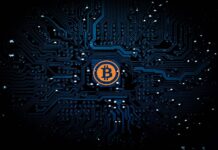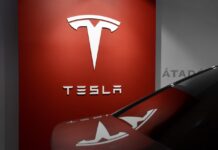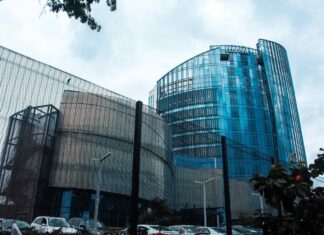The tech sector has gained so much attention during the last few years. Our global economy and society is becoming dependent on technology. Technology is about to be connected to almost all traditional industries. The impact of tech on our everyday lives is enormous.
Here are five trends disrupting traditional industries in 2018. We are now beginning to understand how tech trends are impacting our economy.
1. Construction goes digital
Construction is an important sector of the economy. The core of construction hasn’t changed a lot, but what is changing now is the process of analyzing and planning. If we can avoid mistakes and errors, we can save millions of dollars and finish construction faster than ever before.
There is a significant trend called BIM (Building Information Management database). BIM data in combination with 3D models help us precisely analyze and find potential issues, so we can make construction sites safer and more efficient. The advantage of using BIM data is also in remote access.
One company to keep an eye on is SiteAware. It helps Construction Companies, Owners and Real-Estate Developers to meet project budget, timelines, quality, and safety. By digitizing job sites into actionable 3D data with situation-aware drones, SiteAware enhances Project Monitoring and Site Management capabilities.
2. Blockchain is here to stay
Less than a decade ago, blockchain and Bitcoin were terms that were only used by geeks. The year of 2017 was phenomenal for raising awareness in public. The media have made bitcoin and other cryptocurrencies one of the hottest topics in the news.
We might still be in the bubble, but there is no doubt that blockchain as a technology will disrupt traditional businesses, not just banking. There are many start-ups developing blockchain projects. What is even more positive is that they attract big companies, such as Visa or IBM, for partnership or investment. Kodak jumped into creating their own cryptocurrency -KodakCoin. Telegram, a messaging app for 200 million people, might go for the biggest ICO ever by creating TON (Telegram Open Network). Citigroup and Nasdaq, Inc. introduced blockchain to security sales.
3. Artificial intelligence is coming for our jobs
Robots and artificial intelligence (AI) have come a long way. Today we see cars drive themselves or robots deliver pizzas. Siri is just the beginning.
Automation is gaining relevance in many industries. According to a study from Oxford University, half of all American jobs could be automated within the next two decades. Yes, robots will eliminate some human jobs. It is inevitable; we should embrace it rather than fight it. Many economists and futurists consider a jobless future as an actual possibility, not sci-fi.
Robots might also create new jobs, not just eliminate them. Remeber the mechanization of agriculture? It didn’t destroy the economy but helped push it to the next level. Robots and machines have made agriculture easier and more sustainable.
4. 3D printing speeds up
Additive manufacturing used to only have industrial applications. Today it is used in homes and offices. It has had a similar trajectory to computers. 3D printing can create or replicate any object on demand. The 3D printer is a Wal-Mart in your hands.
3D printing is getting more affordable (cost-effective), and it is used in many different industries including space. Just google “3D printing in space” or watch a short documentary Made in Space: 3D printing could change the way how astronauts travel.
We can print almost anything, but we are still having trouble with large objects, the material that printers use and the long time that printing takes. But soon we could even see buildings being printed!
One company to watch is Nexa3D. Nexa introduced NXV, the first professional printer using its proprietary LSPc technology, delivering quality engineering parts with precision at fast and uniform speeds regardless of geometry.
5. Smart mobility puts us back behind wheels
The automobile industry already noticed that Elon Musk is not going to build a successful company just by selling electric cars. The future of this industry is in autonomy. Autonomous driving has existed for some time, but it is still young on our streets. Autonomous features of cars don’t necessarily mean that humans will be demoted to the backseat. There are big limitations of the autonomous vehicle. Even though we live in a more technologically advanced world, we as humans will not become obsolete in driving.














